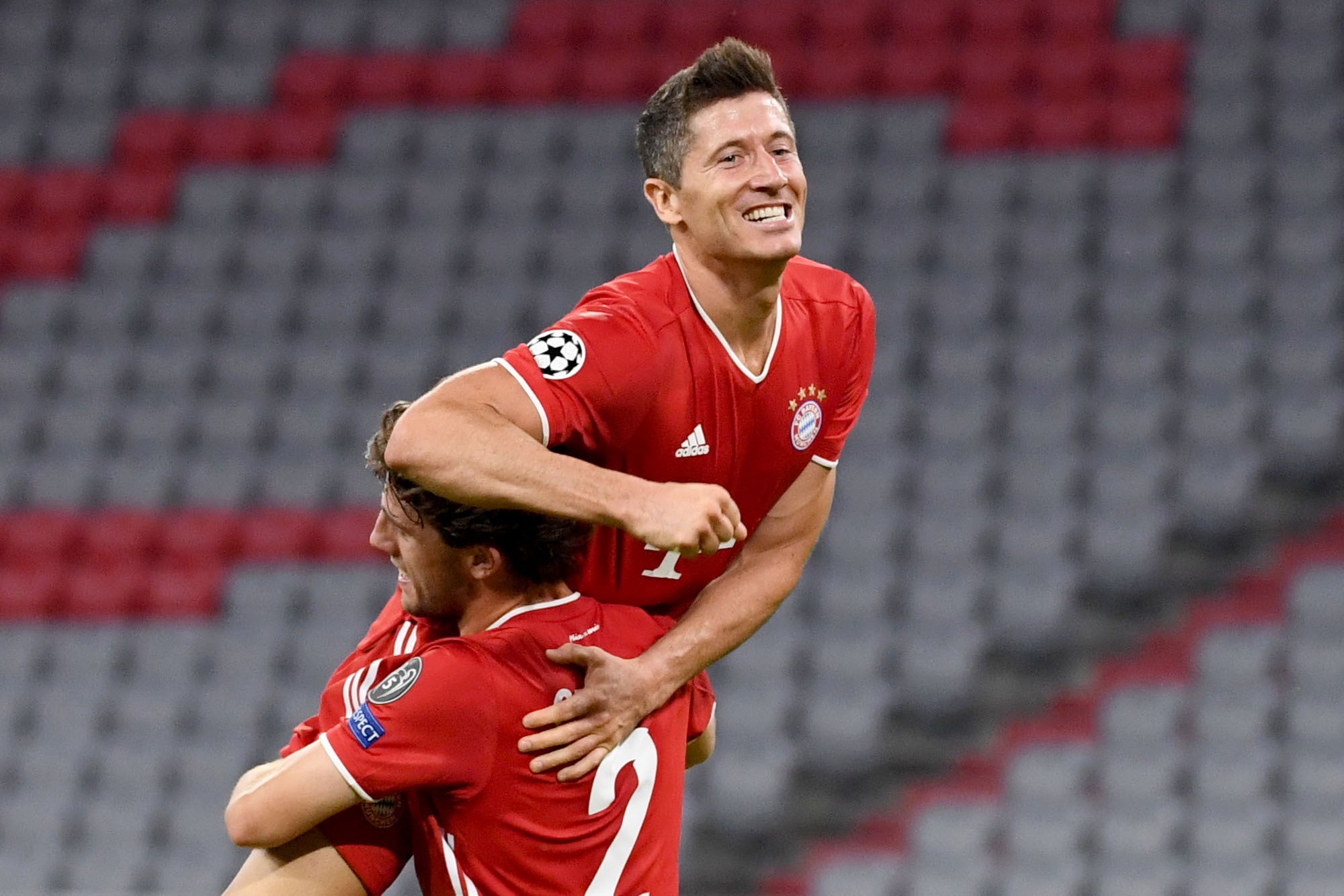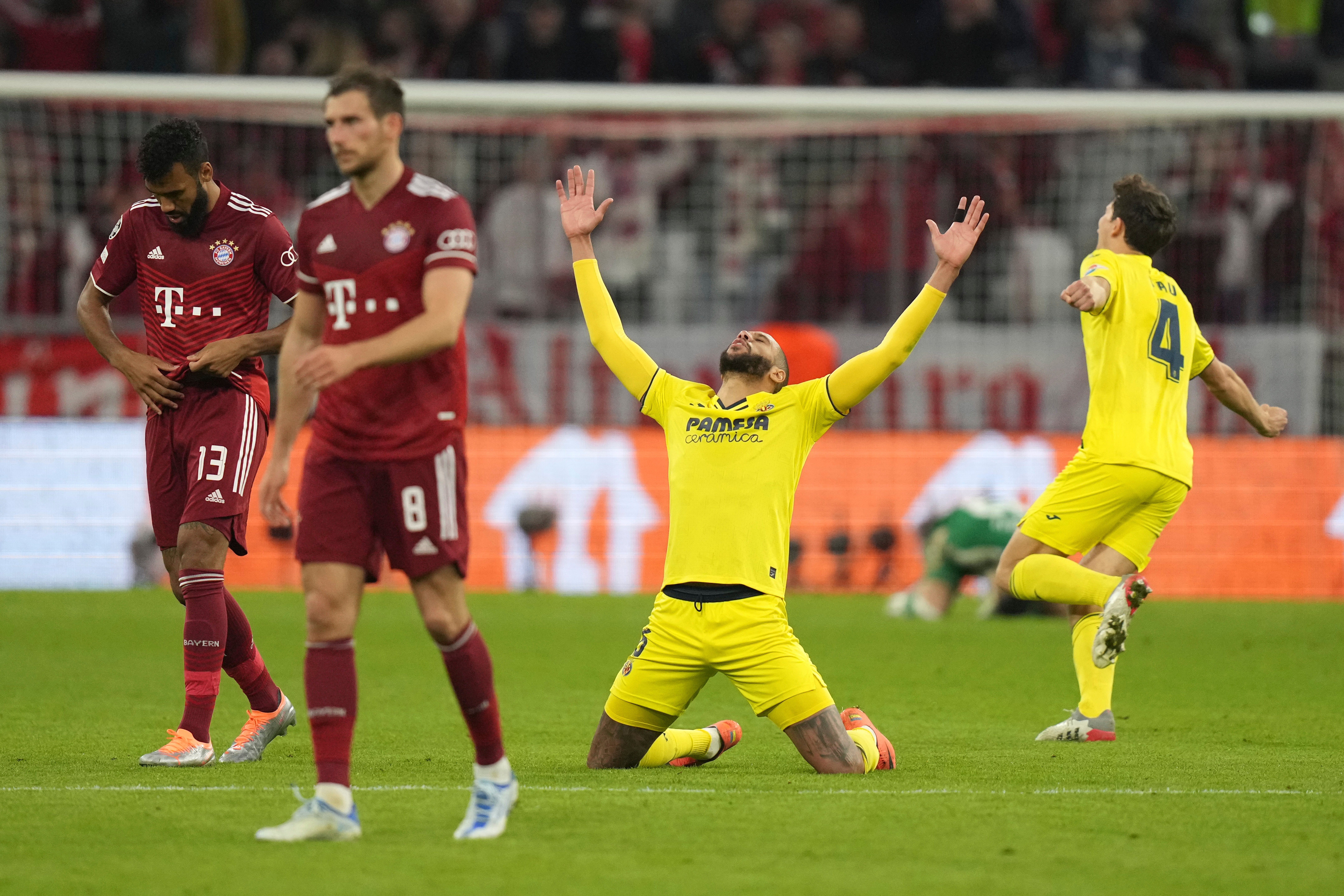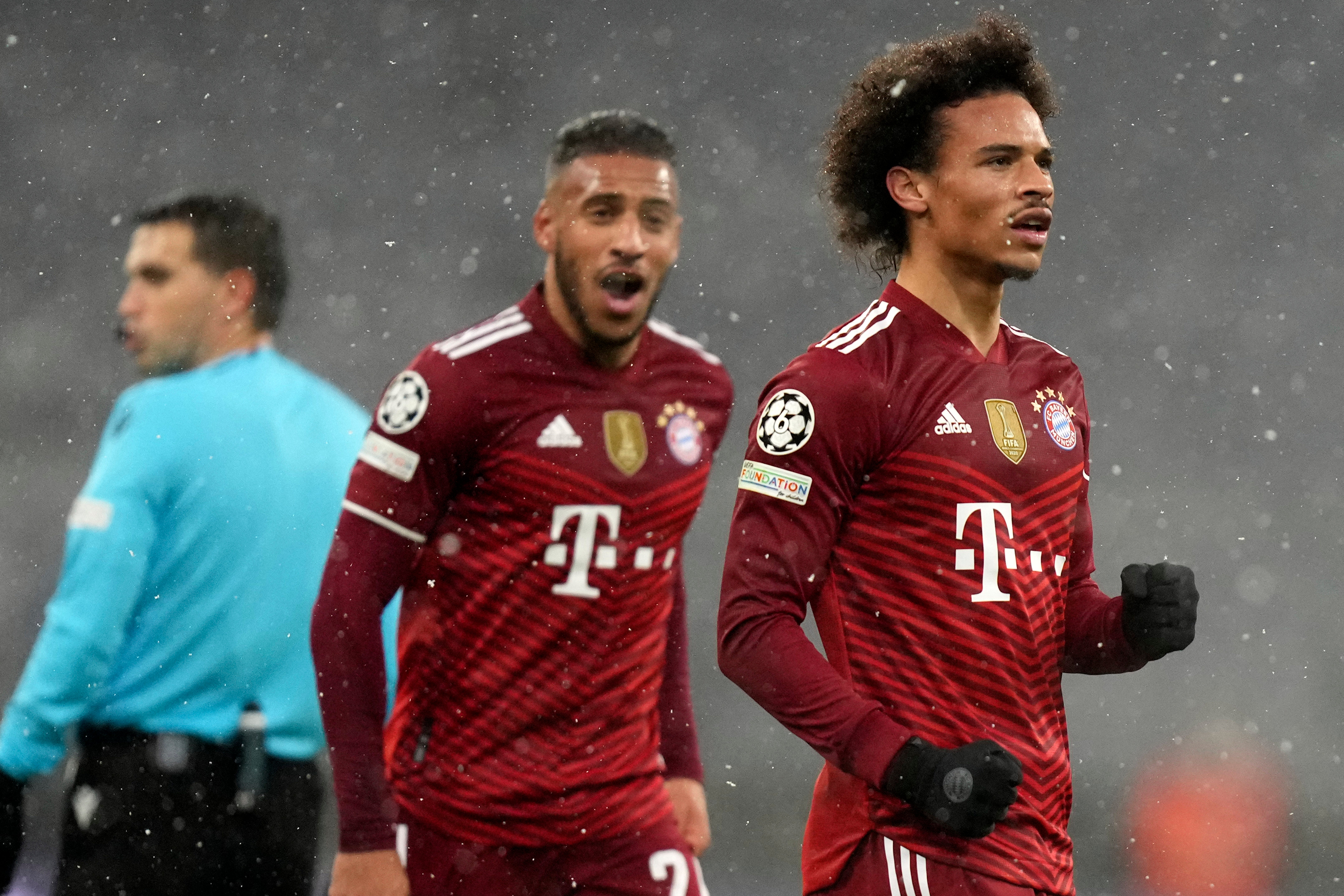
Timing is part of the striker’s art. Robert Lewandowski can time his arrival into the penalty box better than virtually anyone else. First to the ball so often, he was reportedly last to training recently, apparently late three days in a row.
A sulking striker seemed to be sending a message. It was heeded. A day later, Bayern Munich announced a deal had been agreed. Lewandowski will join one of the worst Barcelona teams in the last four decades.
Not, perhaps, that he would phrase it that way. But if Bayern Munich’s status as a destination club may feel under threat when talismen decamp to Spain’s superpowers, with Lewandowski following in the footsteps of David Alaba, who joined Real Madrid last year, it suggests they can be bored by winning the Bundesliga.
In that context, the summer signing Sadio Mane and the probable recruit Matthijs de Ligt assume an importance that goes beyond the addition of an attacker to bolster a forward line that will soon be deprived of Lewandowski and a defence in which first Alaba and then Niklas Sule have gone on free transfers in successive summers.
Bayern president Herbert Hainer’s thoughts on the Senegalese were instructive. “Sadio Mane is a global star, who underlines the appeal of FC Bayern and will increase the attractiveness of the Bundesliga as a whole,” he said. “Fans come to the stadiums to see such players.”
Arguably, Bayern have damaged the attractiveness of the Bundesliga with the predictability of their title wins. But it was notable Hainer felt the need to mention Bayern’s appeal. It hinted it was in doubt, amid a sense of rejection from a player only outscored by Gerd Muller in their history and at a point when there was doubt about Serge Gnabry’s future; the winger has instead now signed a new deal.

But these are strange times at Bayern. The continuity club is undergoing change. It may be stretching it to call it an identity crisis – it certainly wasn’t enough of one to sign Cristiano Ronaldo – but there will be a very different feel without Lewandowski, especially if, as seems feasible, a striker with 153 goals at better than an average of one per game in the last three seasons is not replaced, if false nines take over from the most potent No 9 of his generation. Maybe some of that change is an inevitable consequence of appointing a manager with the youth of Julian Nagelsmann.
Yet, a mere two years after Bayern appeared to be a potentially era-defining team, it instead seems a time of transition. They lifted the Champions League in 2020 as the first side to do so by winning every game in it. A treble included the historic 8-2 demolition of Lewandowski’s future employers, Barcelona, a 7-1 aggregate win over Chelsea and a 7-2 away win against Tottenham, a 30-game unbeaten run and a century of Bundesliga goals.
Two seasons on, they have exited the Champions League to Paris Saint-Germain and, most damningly, Villarreal. Manuel Neuer and Thomas Muller are survivors of the 2013 triumph but one Champions League win feels like underachievement in Lewandowski’s eight years; certainly a solitary semi-final appearance in the last four is.

Bayern looked best positioned to capitalise on the decline of Real and Barcelona; instead an ageing Real are surprisingly resurgent while Liverpool have outperformed Bayern.
Maybe a guarantee of domestic glory was not enough for some of their players. If Bayern also felt caught by the modern problem successful clubs encounter, unable to renew the contracts of all their key players at their desired levels, they also got an unwanted reminder that the allure of Spain’s duopoly even extends to their stalwarts.
It means their recruitment doubles up as an ego boost, proof of their pulling power. It has become the cliché for them to quash opposition within Germany by raiding Borussia Dortmund and RB Leipzig but it has been relatively rare for them to sign first-team players from Europe’s top tier: as Kingsley Coman was never a regular for Juventus, perhaps only Lucas Hernandez, from Atletico Madrid, and Leroy Sane, from Manchester City, meet that definition since Arturo Vidal joined in 2015. Unlike many of their Bundesliga buys, neither Sane nor Hernandez has been a conspicuous success.

Indeed, had the Frenchman fared better perhaps their defensive record would not have required addressing. Nevertheless, there has been a change of tack from Bayern. At 30, Mane feels an uncharacteristic transfer for them, albeit a player who is still four years younger than Lewandowski. He joins a forward line with a bunch of wingers plus the long-serving constant Muller. He comes as the top-class finisher who eliminated Bayern from the Champions League in 2019. Perhaps more pertinently, he arrives as Liverpool’s catalytic forward in 2022.
He could be a strategic signing, or just the kind of superstar Bayern could not afford to overlook at a point when Lewandowski’s departure could demote them to the second rank of favourites in the Champions League.
But a summer of change has added intrigue. Because if there was any doubt whether Bayern would win an eleventh successive Bundesliga, perhaps it disappeared when Dortmund sold Erling Haaland. Instead, the issue feels different. It is more a question of who Bayern are now.







